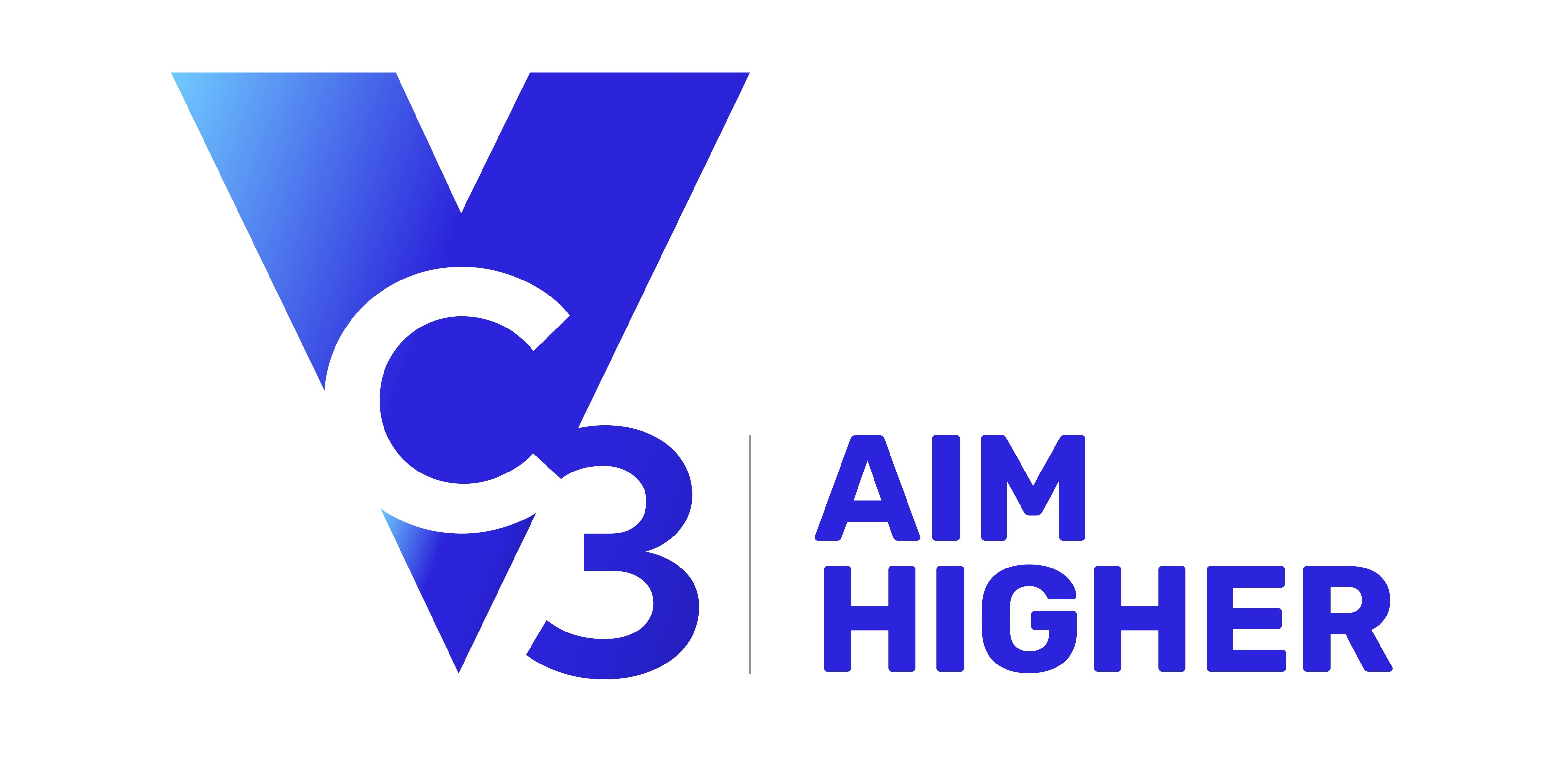On April 10, 2024, the EPA announced the final National Primary Drinking Water Regulation (NPDWR) for six PFAS. The NPDWR establishes legally enforceable levels, called Maximum Contaminant Levels (MCLs), for six PFAS in drinking water: PFOA, PFOS, PFHxS, PFNA, and HFPO-DA as contaminants with individual MCLs, and PFAS mixtures containing at least two or more of PFHxS, PFNA, HFPO-DA, and PFBS using a Hazard Index MCL to account for the combined and co-occurring levels of these PFAS in drinking water. EPA also finalized health-based, non-enforceable Maximum Contaminant Level Goals (MCLGs) for these PFAS.
The final rule requires:



